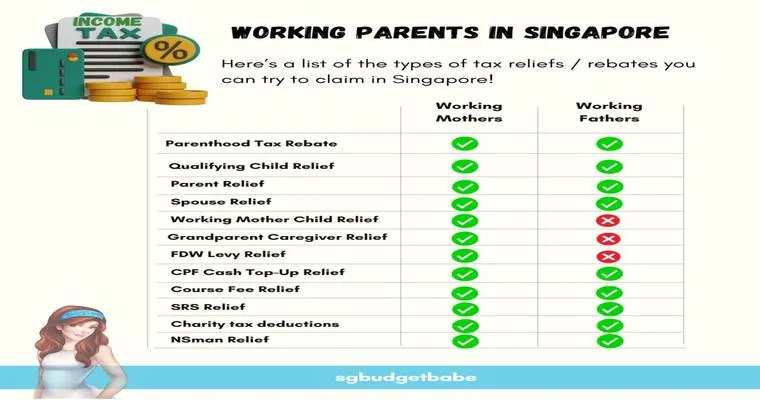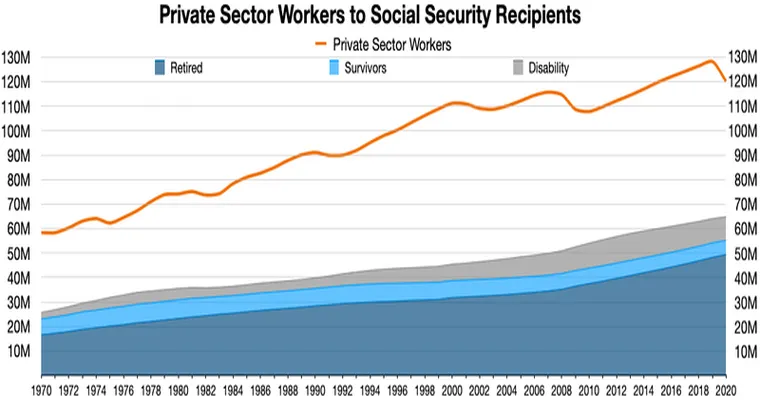As a "caregiver", you may be providing significant support to your aging "parents", both emotionally and financially. If you are shouldering the burden of their care, you might also be wondering how to navigate the tax implications of your situation. Understanding how to "claim your parents on taxes" can lead to potential deductions and credits that lighten your financial load. This article will guide you through the essential steps and requirements for successfully claiming your parents on your tax return.
Understanding Dependency Requirements
To claim your parents as dependents on your taxes, they must meet specific criteria outlined by the IRS. The following factors will determine whether you can list them as dependents:
1. "Relationship": Your parents must be related to you biologically or through marriage.
2. "Gross Income": Their gross income must be less than the exemption amount set by the IRS. For the tax year 2023, this amount is $4,400. Make sure to calculate their total income accurately to ensure they qualify.
3. "Support": You must provide more than half of their total support during the year, including food, housing, medical expenses, and other necessities.
Filing as a Dependent Caregiver
If your parents meet the dependency requirements, you can claim them on your tax return. Here’s how to do so:
1. "Gather Documentation": Collect all necessary documents, including proof of income, expenses related to their care, and any medical bills. This information will help you establish that you provide more than half of their support.
2. "Complete the Tax Form": When filling out your tax return, you will need to use Form 1040 and provide the names and Social Security numbers of your parents in the dependent section.
3. "Claim Deductions and Credits": By claiming your parents as dependents, you may qualify for various tax benefits. These can include the "Dependent Care Credit", which helps offset costs for caregiving expenses, or the "Credit for the Elderly or the Disabled".
Additional Tax Benefits for Caregivers
Beyond claiming your parents as dependents, there are other tax benefits available to caregivers:
"Medical Expense Deductions": You can deduct unreimbursed medical expenses for your parents if you itemize your deductions. This includes expenses such as doctor visits, prescriptions, and long-term care insurance premiums.
"Flexible Spending Accounts (FSAs)": If your employer offers an FSA, you can contribute pre-tax dollars to cover eligible caregiving expenses. This not only reduces your taxable income but also provides a way to save for out-of-pocket costs.
"Tax Credits for Caregiving": Some states offer tax credits specifically for caregivers. Be sure to check your local tax regulations to see if you qualify for any additional benefits.
Conclusion
Claiming your "parents on taxes" can provide significant financial relief, especially if you are responsible for their care. By understanding the dependency requirements and taking advantage of available deductions and credits, you can maximize your tax benefits. Always consult with a tax professional to ensure you are compliant with IRS regulations and to make the most of your caregiver status. With careful planning and knowledge, you can navigate the tax landscape effectively, allowing you to focus more on providing care and support to your loved ones.





